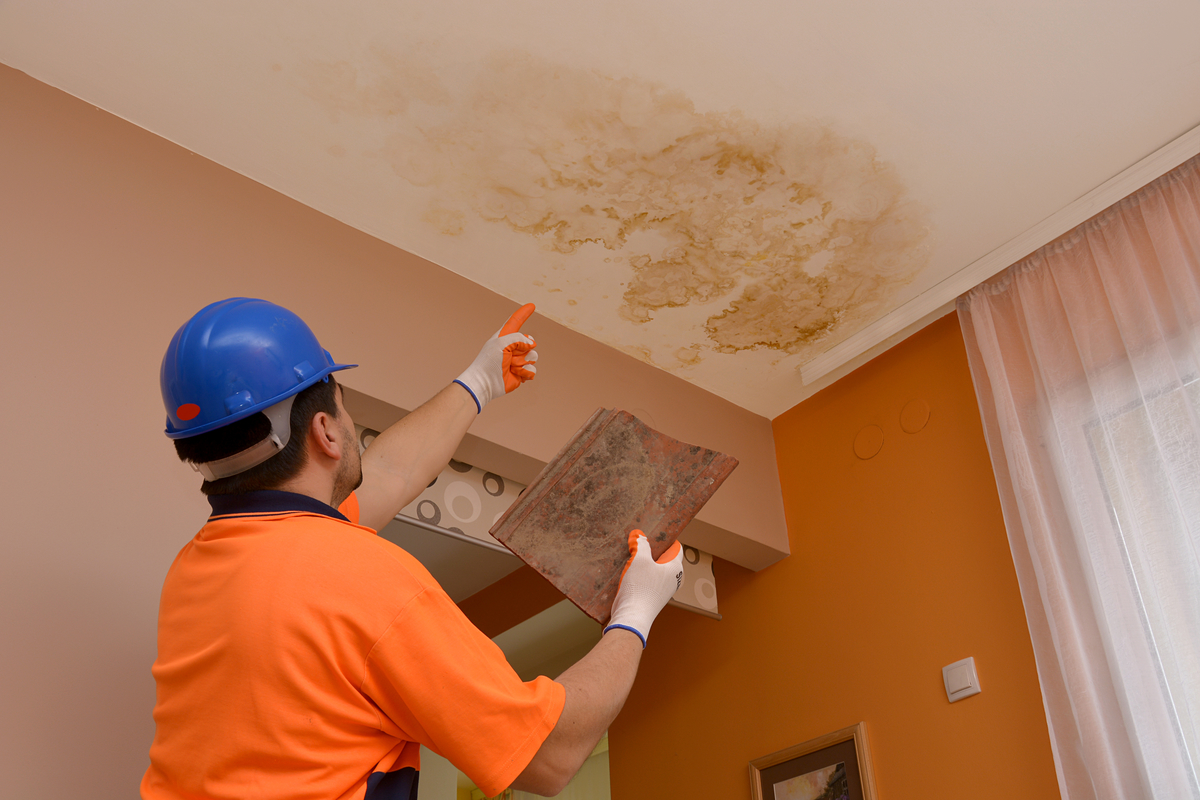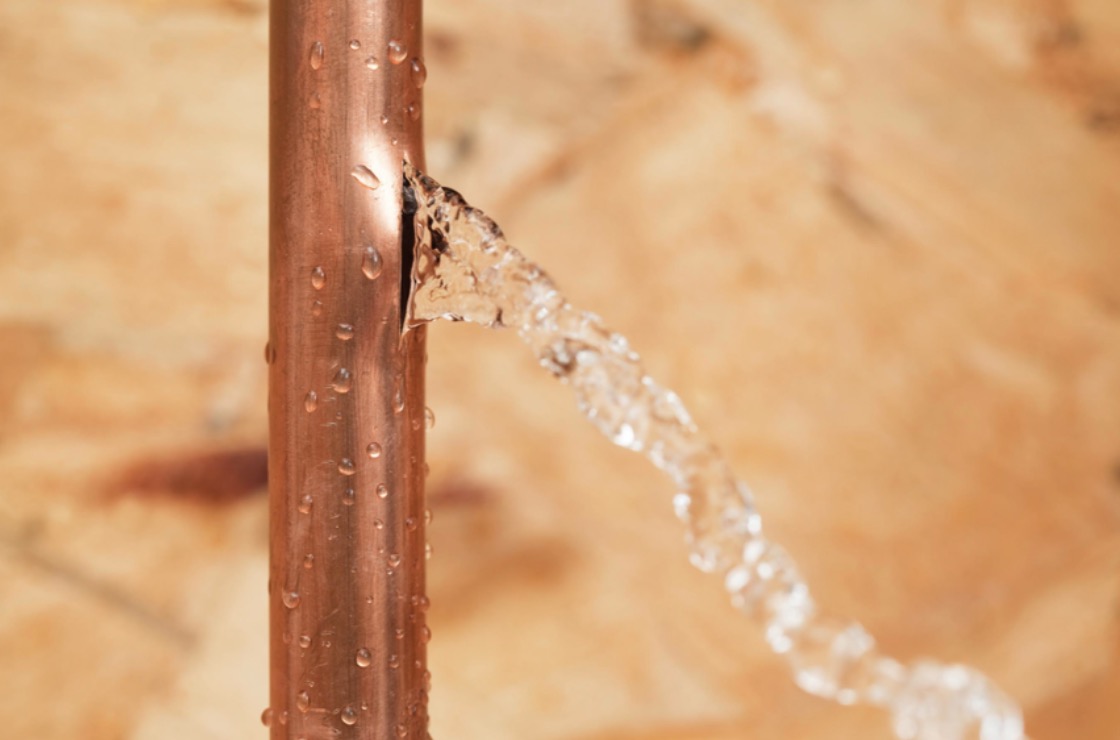Are you hunting for info on How to detect water leaks in your home?

Leakages not just trigger waste of water but can also trigger unnecessary damage to your home as well as promote unwanted natural growth. By looking and comprehending for daily circumstances that cause leaks, you can shield your home from future leaks and unnecessary damages.
Intruding roots
The majority of water leakages start outside the house rather than inside it. If you notice a sudden decline in water pressure, say in your faucet, take some time to go out and analyze your lawn. You could notice wet patches or sinkholes in your yard, which may indicate that tree roots are attacking water lines triggering water to leak out. You can have your plumber look for breach, specifically if you have trees or hedges near your residential or commercial property.
Corroded water supply
As time goes by, your plumbing system ages and also deterioration such as corrosion might begin gnawing the pipes. This may be the root cause of discoloration or bending on your pipes. This calls for an inspection with your plumber promptly. Consider changing the pipelines because they are at a greater risk of corrosion than the newer designs if our plumbing system is old.
Malfunctioning Pipe Joints
The point at which your pipes attach is regularly the weakest web link in the waterline. Pipeline joints can wear away in time, resulting in water leakages. The majority of pipeline joints are not conveniently noticeable. If you have noisy pipelines that make ticking or banging noises, especially when the hot water is switched on, your pipeline joints are possibly under a great deal of pressure. It is recommended to have your plumber inspect your system annually.
Instant temperature adjustments.
Extreme temperature level adjustments in our pipes can trigger them to increase and contract suddenly. This development and contraction might create splits in the pipelines, especially if the temperature level are below freezing. It would certainly be best if you watched on how your plumbing works. The presence of the formerly mentioned scenarios frequently shows a high danger.
Poor Water Connectors
At times, a leakage can be created by loose hoses and also pipes that supply your appliances. In instance of a water connections leak, you might discover water running directly from the supply line or puddles around your appliances.
Blocked Drains
Clogged drains might be frustrating and also inconveniencing, but they can in some cases end up creating an overflow causing rupture pipes. Keep getting rid of any type of products that may drop your drains pipes that might obstruct them to stay clear of such aggravations.
All the above are root causes of leaks however not all water leaks result from plumbing leakages; some leakages may originate from roof leakages. All leaks ought to be repaired instantly to avoid water damage.
Leakages not only create waste of water yet can additionally trigger unnecessary damage to your house and also advertise undesirable organic development. By looking and recognizing for daily scenarios that trigger leakages, you can secure your residence from future leakages and also unnecessary damages. Today, we will look at 6 leakage causes that may be triggering your pipelines to trickle.
At times, a leakage can be triggered by loosened pipes as well as pipelines that supply your appliances. In instance of a water connections leakage, you might observe water running straight from the supply line or puddles around your home appliances.
Tell-Tale Signs of a Water Leak
The Sound of Running Water
If you’re hearing water running, your first step should be to check your faucets, toilet valves, and outdoor spigots. If everything if status quo, take an exact reading of your water meter and don’t use the water for a few hours. Then, take another meter reading. If there has been no change, that means water is not running (and maybe it’s time to have your hearing checked!). If the reading has changed, however, this indicates that water is indeed flowing and you most likely have a leak.
Wet or Damp Floors
You’re walking across your carpet and suddenly squish—your sock is soaked! The dog doesn’t look guilty and your child swears they didn’t spill anything. That means you’re likely looking at sewer leakage. Now, it’s easy to just soak it up with a towel and call it a day; however, this won’t stop the leak. Ignoring the problem allows moisture to build up, ultimately causing mold or mildew. Not only is this smelly, it can be very toxic and harmful to children, the elderly, pets, and those with weak immune systems. Don’t risk the health of your home and your family—call in a professional to take care of the problem.
Foul Odors
If there’s an unpleasant smell in your home and you can’t locate the source, don’t just light a candle or spray some Febreze. Funky smells are often due to mold and mildew, which spread fast under ideal conditions (optimal temperature and level of humidity). Growth begins within about 24-48 hours, and spores start to colonize in 3-12 days, becoming visible to the eye within about 18 days. If you think the odor is leak-related, get a plumber out as soon as possible to mitigate damage from rapid fungi growth (and rid your home of the foul odor).
Overgrowth in the Lawn
Unless you didn’t fertilize your lawn evenly, a lush patch of grass in a select area of your lawn, or concentrated wet spots, indicate pipe leakage which is acting as a fertilizer. Left untreated, hazardous bacteria in the underground waste will quickly turn into a messy situation, going from lush growth to lawn destruction.
Wall Cracks
Over time, even the littlest of leaks can cause cracks in the foundation of your home and compromise the entire structure. How does it happen? The leak continues hammering away at the same spot in the ground beneath your home, eventually causing it to shift slightly. Now, you’d never feel this shift, but your walls will. This can be a very dangerous situation, so if you’re seeing vertical or diagonal cracking in your walls it’s best to call a plumber right away.
https://www.expresssewer.com/blog/6-telltale-signs-of-a-water-leak-in-your-home

As a fervent reader about Common Water Leaks In House, I thought sharing that article was smart. Sharing is caring. You never know, you could be helping someone out. I take joy in reading our article about Most Common Causes of Leaky Pipes.
We're here for you, dial!